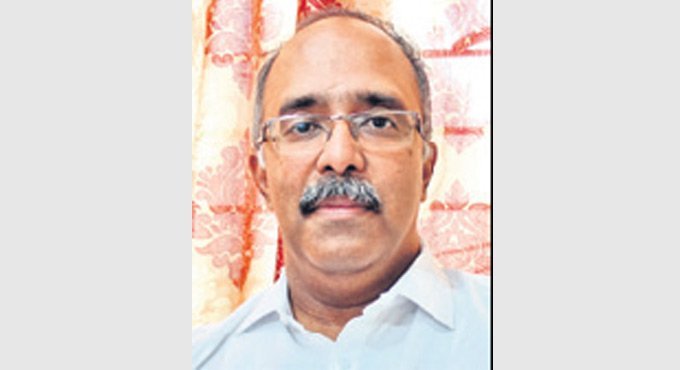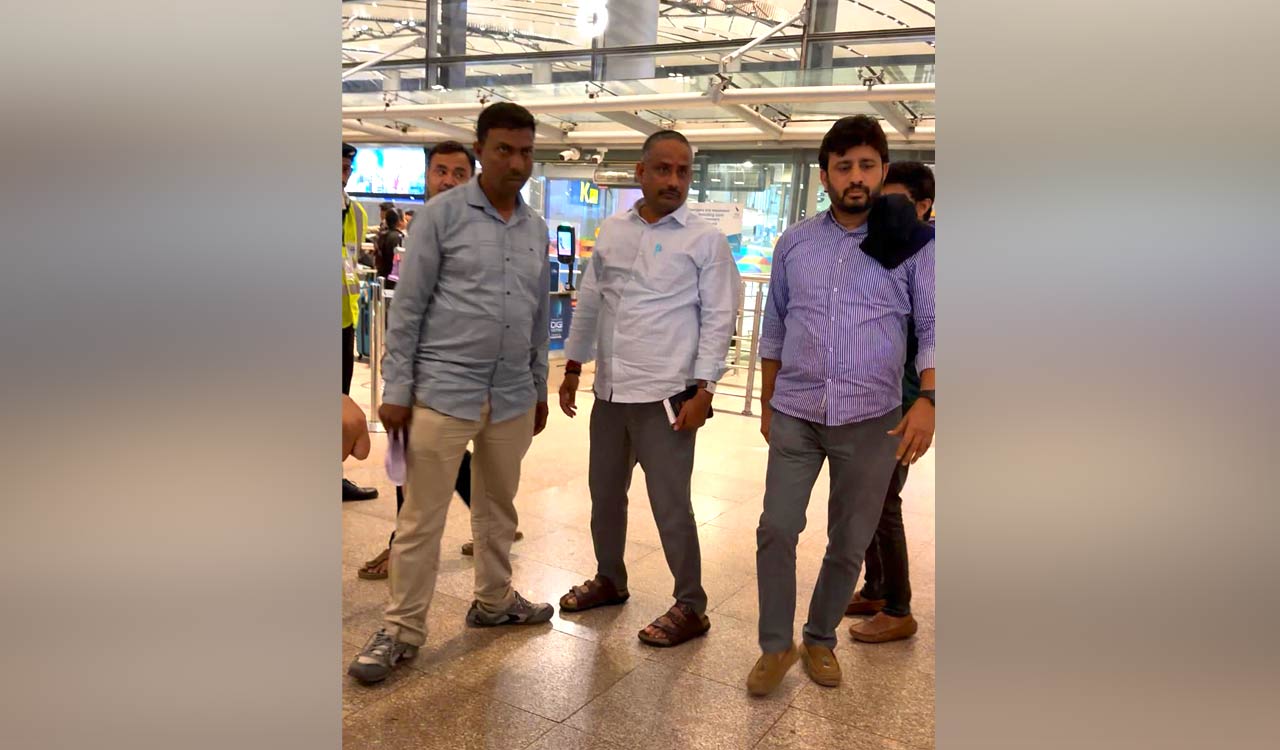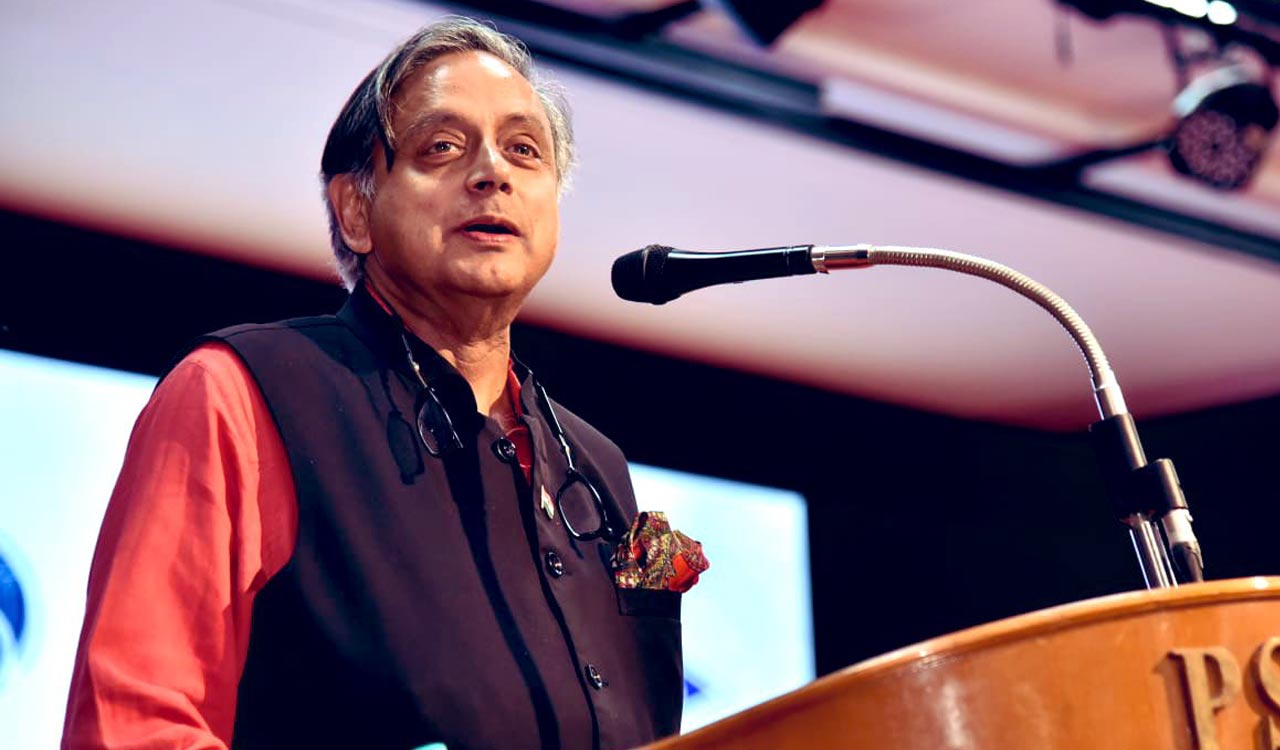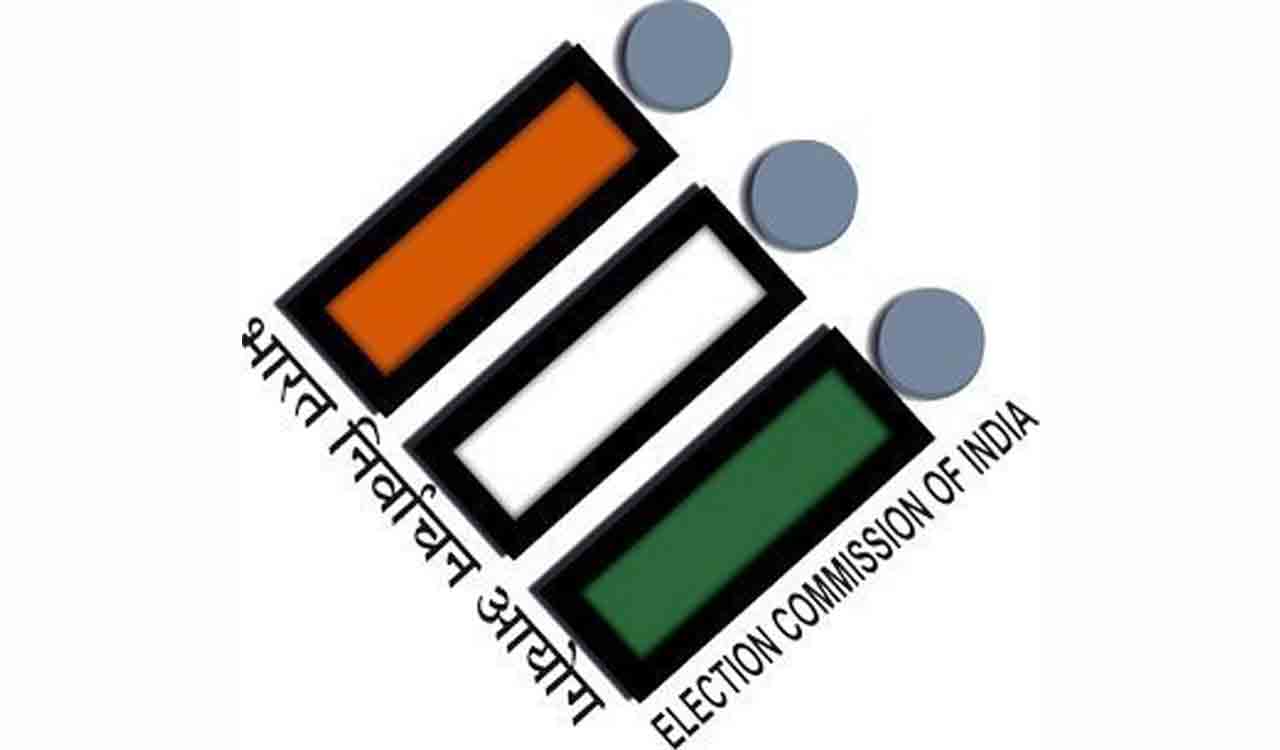Democracy and discrete tragedies
If a democracy relies on informed consent and informed decision-making, then its subjects need reliable information

Decades ago, Amartya Sen proposed in ‘Democracy as Freedom’ (1999) that famines do not occur in a functioning democracy. But obviously pandemics do. The question then is: what is the relationship between disease and democracy?
In the new issue of the Journal of Human Rights Practice, the Human Rights scholar Paul Gready maps the crisis of the pandemic on to the crisis of democracy itself. Gready makes two significant points: transparency in public decision-making is important in a crisis, the issue of state capacity and the kind of state we want.
Transparent State
As debates rage furiously about the efficacy (or not) of the vaccine, the ‘demos’, the public that constitutes the state’s beneficiaries (or not), are left uncertain about the various claims around it.
Adding to the befuddled state is the near-frightening reports of ‘cooked’ scientific studies, inappropriate testing, incomplete trials and others. When we read that the Lancet and the New England Journal of Medicine, indisputably the leading journals in their field, retracted published work on Covid because the data and related research processes were questionable, then we realise that the absence of transparency around the pandemic’s etiology, progress or side-effects is perhaps pervasive.
If a democracy relies on informed consent and informed decision-making, then it stands to reason that the subjects in a democracy need accurate and reliable information. Democracies, argues the philosopher Alvin Goldman, are epistemic:
“a crucial part of a democratic framework, or system, that there be institutions, structures or mechanisms that assist citizens in acquiring and possessing politically relevant information, where by “information possession” I mean true belief and by “politically relevant” information I mean information that is relevant to their political choices.”
Two commentators on democracy, Christian List and Robert Goodin, speak of the ‘epistemic virtues of information-pooling’, which we can see is linked to the Goldman argument about democracy as well.
The mystery and the miasma that haunt the Covidian state – which is what all states around the world are today – are generated through disinformation and non-information. The age of Covid is the age of the information-dark.
State We Are In
Human Rights scholars such as Supriya Akerkar who works and teaches in the Disaster Risk Reduction programme with the Centre for Development and Emergency Practice, Oxford Brookes University, researching the pandemic, has argued in a recent essay that ‘The Covid-19 discourse also highlights similar and terrible assumptions made about “weak” and “older” bodies as dispensable objects’. Akerkar notes how such older, weaker subjects “emerged through regimes of social welfare policies and practices in different countries including care homes, pensions and benefits, with underlying contradictory narratives of stigma, dependency, risk, and respect of these groups.”
It is precisely these regimes that are being eroded through the threat of funding cuts, staff shortages and, of course, the pandemic as the overarching rationale. Akerkar’s argument sums up the ‘state we are in’ (to play on the phrase): of disposable weaker/older people. The link between the transparent state and ‘the state we are in’ may be elaborated as follows:
“The state we are in is defined not by a free flow of ideas and reliable opinion around the pandemic, its differently-calibrated effects and clear information about its primary and secondary victims. With insufficient data and mutilated or partial data about the diseases around the virus, the worst hit are those ostensibly at high-risk, who are uncertain about the vaccine and the effects of (not) taking it.
Thus, those already handicapped by the potential threat of the disease are further alienated from the state’s so-called therapeutic/palliative processes because they do not know if they should participate in these processes. Misled, misinformed by the barrage of high-crescendo fake news, propaganda, anxieties driven higher by this barrage, a significant segment of the population – the older people – the disposable people are also the inhabitants of the information-dark spaces that constitute the state we are in today.”
A state is defined by the primacy it accords to fundamental human rights. In a time of crisis, the response of the state to the crisis ought to define for us the nature of the state we are in. Rights are claimed by individuals and groups from the state. To return to Gready once more, ‘Human rights are needed not just as a negative shield against government interference, but also as a means to make positive claims on government’. The larger question is: if you are kept in the dark about the information that would determine your course of action, your choices, in the crisis, then what claims can you possibly and rightfully make on the government?

Publicised Sphere
In short, the first claims on the state has to be the right to free information flows, reliable and unredacted information so that the subjects, particularly the most vulnerable, can stake their claims. The crisis of the vulnerable citizens is, essentially, a crisis of information about the disease. An epistemic democracy can only occur in a transparent state.
The now-classic formulation of the public sphere, as the space of information sharing and rational debate, needs recoding and rewording. Our public sphere today – the state we are in – is first and foremost a publicised sphere (which is devoted to all forms of publicity, propaganda and populism). Second, the public sphere, thanks to the cumulative effect of manipulated information and targeted advertising, which segments the population of customers in order to tailor information released to them, is a fragmented one: we have public sphericals, so to speak, each determined and acting according to the kind of (mis)information it receives, or chooses to receive, so that there cannot be a concerted action – even thinking – as to how we are made quiescent subjects through information. We cannot make claims because segmented social groups with variable information-doses cannot come together. Those working with Human Rights and the older, differently-abled victims of the pandemics are pointing precisely to this segmentation. This is the state we are in.
Covid 19 is not a historical disaster: it is a set of discrete tragedies (migrants, the urban poor, older people, differently-abled) of small segments of the populations that never cohered into a national subjecthood or victimhood in the ecosystem of misinformation. The last word here comes from the justly famous Pale Rider: The Spanish Flu of 1918 and How it Changed the World (2017) wherein the historian Laura Spinney noted that after the pandemic waned, there was
“no cenotaph, no monument in London, Moscow or Washington, DC. The Spanish flu is remembered personally, not collectively. Not as a historical disaster, but as millions of discrete, private tragedies.”
(The author is Professor, Department of English, University of Hyderabad)
Now you can get handpicked stories from Telangana Today on Telegram everyday. Click the link to subscribe.
Click to follow Telangana Today Facebook page and Twitter .
Related News
-
Growing evidence points to Khamenei’s death, says Netanyahu
7 hours ago -
De-escalate, respect sovereignty: India as West Asia tensions soar
8 hours ago -
Rewind: Kaleshwaram’s Treasures — Temples, Tussar, Three Rivers
8 hours ago -
US, Israel launch major assault on Iran; Tehran retaliates
8 hours ago -
Role of NGOs in shaping education and nutrition in India
9 hours ago -
HCA elections for posts of secretary, treasurer on March 12
9 hours ago -
Bindass Women Run to be held in Hyderabad on March 1
9 hours ago -
Illegal sand extraction near Annaram barrage pillars raises safety concerns
9 hours ago




